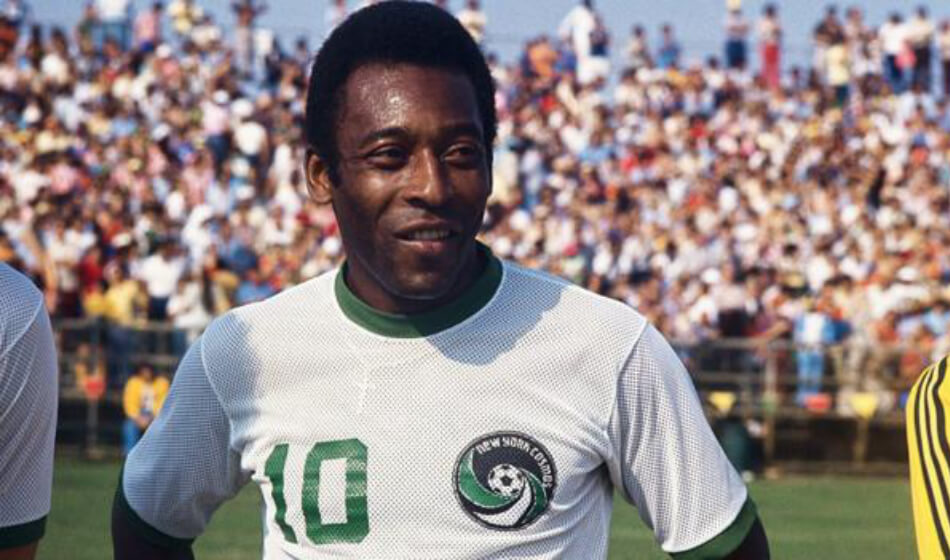Pelé, who died last week, is regarded as one of the greatest football players ever. He is the all-time leading goalscorer for Brazil and was a member of three World Cup-winning teams.
Pelé was born Edson Arantes do Nascimento on October 23, 1940, in Três Corações, Brazil. He grew up in a poor family and began playing football at a young age. At 15, he was signed to the Brazilian club Santos, where he quickly became a star. In 1958, at 17, he was a key player for the Brazilian national team in their victory at the World Cup in Sweden.
Pelé’s skill on the pitch earned him the nickname “The King of Football,” and he became a global superstar. He played for Santos for nearly two decades, leading the club to numerous victories in domestic and international competitions. In 1975, he announced his retirement from professional football.
In the years following his retirement, Pelé remained active in the football world. He served as a spokesperson for various companies and was appointed a UN ambassador for ecology and the environment. In 1998, he was named the FIFA Player of the Century, and in 1999 he was inducted into the International Football Hall of Fame.
Pelé’s impact on the sport of football cannot be overstated. His technical ability, vision, and scoring prowess set him apart from his peers, and his accomplishments on the pitch have cemented his place as one of the greatest players in the game’s history.
There are a few factors that likely contributed to Pelé’s motivation and success as a footballer.
Firstly, Pelé had a natural talent for the game, and he enjoyed playing from a young age. He grew up playing football on the streets of Brazil, and he had a strong passion for the sport. This love of the game likely motivated him to work hard and improve his skills.
In addition, Pelé had a strong competitive drive, and he was motivated to succeed and be the best at what he did. He was known for his determination and perseverance on the pitch, and he always gave his best effort in every match.
Finally, Pelé was driven by a desire to represent his country and bring pride to Brazil. He was a member of the Brazilian national team for nearly two decades, and he played a key role in helping Brazil win three World Cups. This sense of national pride and responsibility likely motivated him to succeed at the highest level of the game.
There are a few ways in which one could compare Pelé’s career as a footballer to running a successful business:
- Talent: Just as a successful business owner needs certain skills and abilities, Pelé had a natural talent for football. He had a strong understanding of the game, excellent technical ability, and an ability to read the play and make quick, decisive decisions.
- Hard work: Running a business and achieving success as a professional athlete requires hard work and dedication. Pelé was known for his relentless work ethic and his willingness to put in the hours to improve his skills.
- Strategic thinking: Both business owners and top-level athletes need to be able to think strategically to succeed. Pelé was known for his ability to read the game and make smart decisions on the pitch, much like a business owner needs to make strategic decisions to grow and succeed.
- Leadership: Both successful business owners and top athletes often need to take on leadership roles. Pelé was the captain of the Brazilian national team and was known for his leadership skills on and off the pitch.
- Adaptability: Both business owners and athletes need to be able to adapt to changing circumstances to succeed. Pelé’s career spanned nearly two decades, and he had to adapt to changing rules, opponents, and teammates throughout his career.
Pelé will be sadly missed. He was an individual who personified the beautiful game and had personal qualities that we should all aspire to. God be with you Pelé, may you rest in peace.


